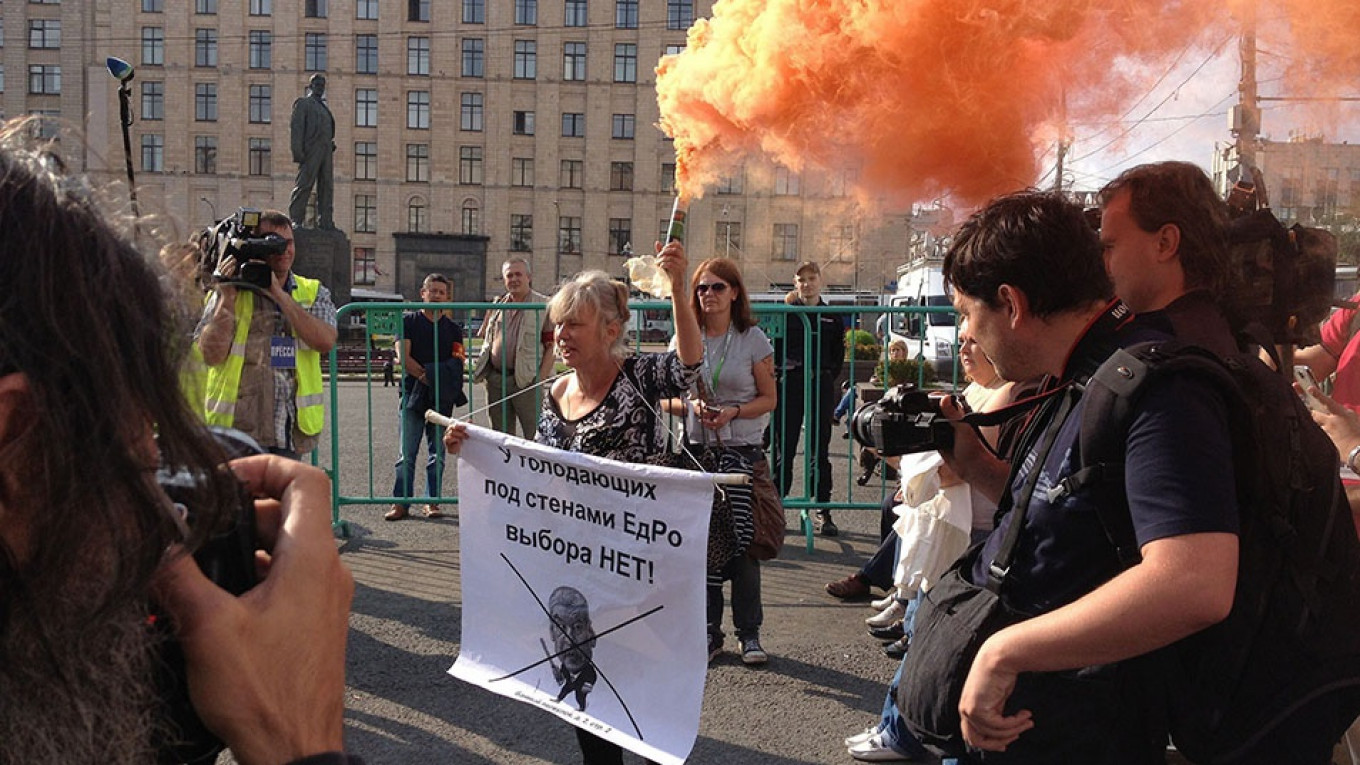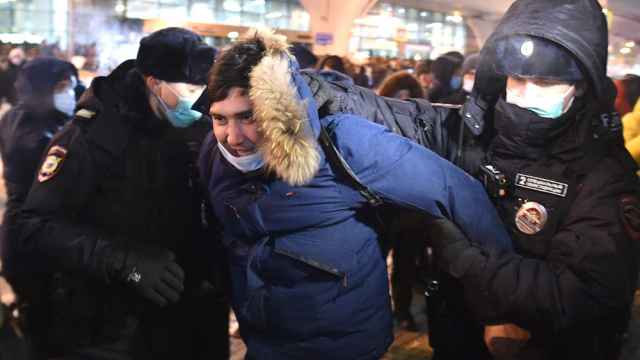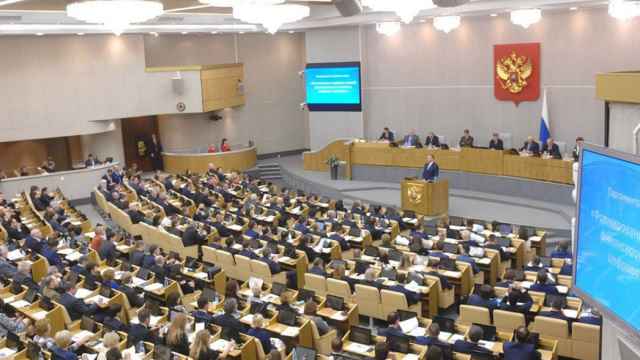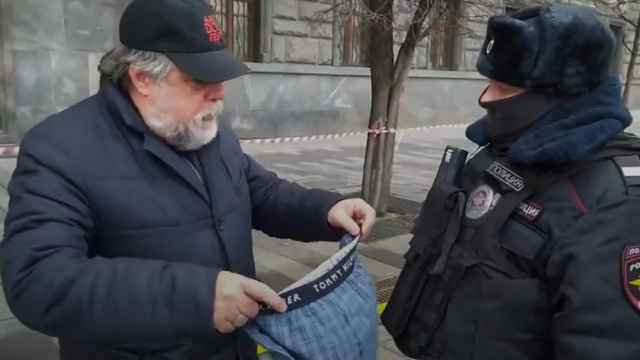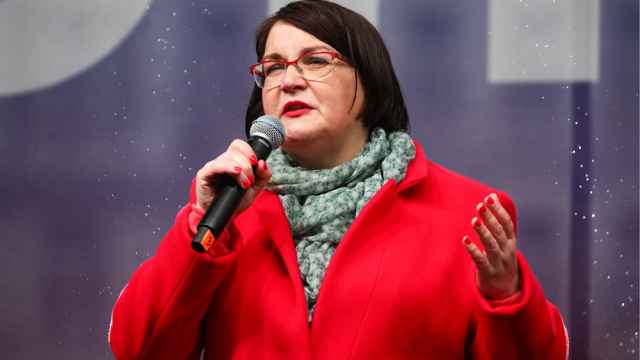More Russians are willing to participate in economic and political protests now than in the past two decades, according to a new survey released by the independent Levada Center pollster.
Public discontent has spread throughout Russia this summer after the government announced plans to raise the retirement age. The United Russia ruling party saw its approval ratings plummet to seven-year lows, while trust in President Vladimir Putin has dropped to below 50 percent, despite the president’s efforts to distance himself from the unpopular reform.
Twenty-eight percent of Russians say they would personally participate in protests against falling standards of living — the highest such figure since 1999, according to the latest Levada poll published Wednesday. Only 8 percent of Russians said they were willing to protest in March 2018, before the government's pension reform was announced.
Expectations that economic protests would occur in Russia have also skyrocketed, with 41 percent of respondents saying they were likely to happen in their city or town — the highest such number in two decades.
When asked about the future of the pension bill that was introduced in the State Duma in July, 37 percent said they expected Putin to sign it into law if it was to be approved by lawmakers, while one-third said he would send it back for revision.
Analysts interviewed by the Vedomosti newspaper said the current protest potential figures do not yet pose an immediate danger to the Kremlin.
“The respondents promise to protest but aren’t going out, while the government is not afraid but it also isn’t immune from having panic attacks,” Mikhail Vinogradov, a political analyst, was cited by the newspaper as saying.
Other analysts cited by the newspaper say that policymakers are likely to soften the retirement age bill “if the [government’s] ratings continue to fall and there are more people on the streets.”
Levada conducted its survey between July 19-25 among 1,600 participants in 52 Russian regions.
A Message from The Moscow Times:
Dear readers,
We are facing unprecedented challenges. Russia's Prosecutor General's Office has designated The Moscow Times as an "undesirable" organization, criminalizing our work and putting our staff at risk of prosecution. This follows our earlier unjust labeling as a "foreign agent."
These actions are direct attempts to silence independent journalism in Russia. The authorities claim our work "discredits the decisions of the Russian leadership." We see things differently: we strive to provide accurate, unbiased reporting on Russia.
We, the journalists of The Moscow Times, refuse to be silenced. But to continue our work, we need your help.
Your support, no matter how small, makes a world of difference. If you can, please support us monthly starting from just $2. It's quick to set up, and every contribution makes a significant impact.
By supporting The Moscow Times, you're defending open, independent journalism in the face of repression. Thank you for standing with us.
Remind me later.


